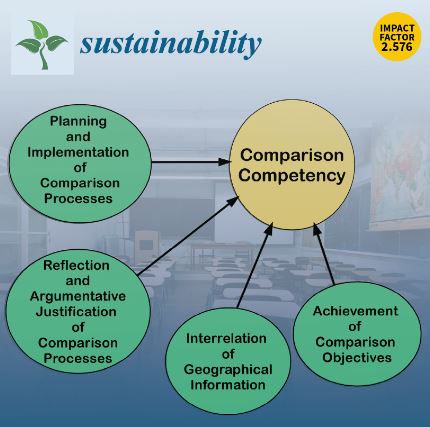
Towards the Future of Sustainable Mobility: Results From a European Survey on (Electric) Powered-Two Wheelers
Publication Year: 2021
Author(s): Will S, Luger-Bazinger C, Schmitt M, Zankl C
Abstract:
Personal transport is essential in our society, and the 2020 pandemic has reinforced this situation. At the same time, transportation contributes to local emissions, which need to be reduced in the face of climate change. Changing from vehicles with internal combustion engines to light electric vehicles could be one promising approach. Therefore, we need to understand mobility patterns and attitudes towards E-mobility to create sustainable, broadly accepted transport solutions. An online survey with N = 432 participants across Europe was conducted. The majority of respondents came from Germany, followed by Italy, Austria, and Sweden. Generally, cars are the main vehicle for personal transport. If people are switching from cars to Powered two-wheelers (PTW) as a mode of personal mobility, this could help sustainability and the quality of life in cities, as PTWs use fewer fossil fuels. PTWs are used for commuting as well as leisure activities. Driving experience, more accessible parking and lower maintenance than cars are significant reasons to choose a PTW. No differences between younger and elderly participants were observed. E-PTWs are primarily avoided due to high costs, range anxiety, and expected problems with the charging infrastructure. One aspect is the provision of better charging infrastructure or electric vehicles with increased range. Hence, given typical trip lengths and purposes, it might seem equally important to tackle prejudices and increase the knowledge about E-mobility with all its potential benefits in the population. Potential E-PTW riders can be made aware that the range of these electric vehicles will be sufficient for many of their trips. E-PTWs can play a crucial role in more sustainable transport behavior in the future, which could help reduce prejudices towards electric mobility. In the long run, this may lead to a more sustainable transport behavior.
Source of Publication: Sustainability
Vol/Issue: 13, 7151: 1-16p.
DOI No.: 10.3390/su13137151
Publisher/Organisation: MDPI
Rights: Creative Commons Attribution (CC BY) license (https:// creativecommons.org/licenses/by/ 4.0/)
URL:
https://www.mdpi.com/2071-1050/13/13/7151/pdf
Theme: Sustainable transportation | Subtheme: Passenger
Related Documents
Opinions/Videos
Webinar | New Mobility Responses to COVID 19 Lockdown
Published Year: 2020
Abstract:
The COVID-19 lockdown has brought our cities to a standstill, with necessary restrictions on p... Read More
Research Papers/Articles
Profitable Decarbonization Through E-Mobility
Published Year: 2020
Abstract:
The objective of this paper is to answer an integrated set of questions related to how the tra... Read More
Training Materials
Bike Sharing in a State of Transition
Published Year: 2018
Abstract:
This guidebook provides municipalities with concrete recommendations for action in dealing wit... Read More



